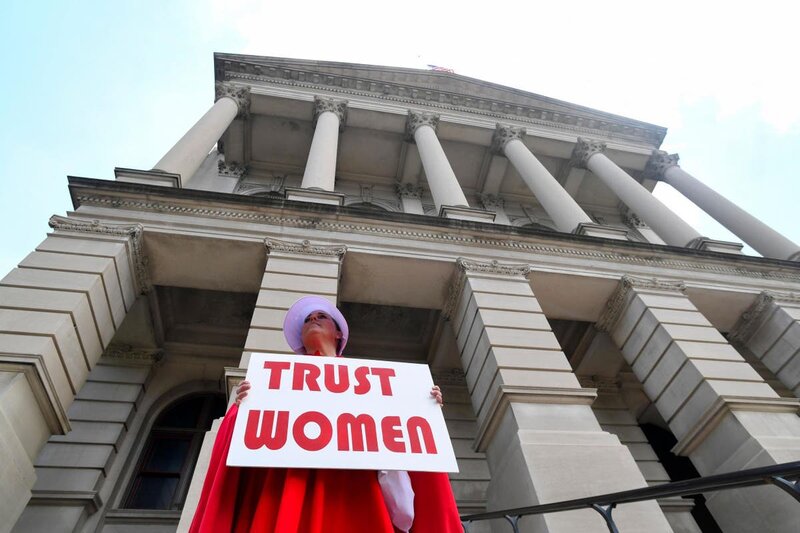On the eve that Roe v Wade was decided on 22 January 1973, a case that would set the precedent for nearly half a century to protect a pregnant person’s choice to be granted access to an abortion, most religious groups in the United States were already in consensus on the matter. That is, they supported abortion reform, if not an outright repeal of the country’s restrictive laws.
“There was a broad consensus among Protestants and Jews, that abortion restrictions were immoral and damaging,” says historian of sexuality and religion Gillian Frank in an interview with The Independent. The groups, he explains, had come to realise, specifically in the two decades leading up to Roe, that the laws weren’t preventing the procedure from taking place, and their community members were dying as a result.
“The reality was this: religious folks understood that abortion laws were just creating dangerous situations,” the co-host of the podcast Sexing History explained. “And they saw it as their moral obligation to connect people with safe physicians.”



 Religion
Religion Abortion
Abortion Morals
Morals Christianity
Christianity Judaism
Judaism


